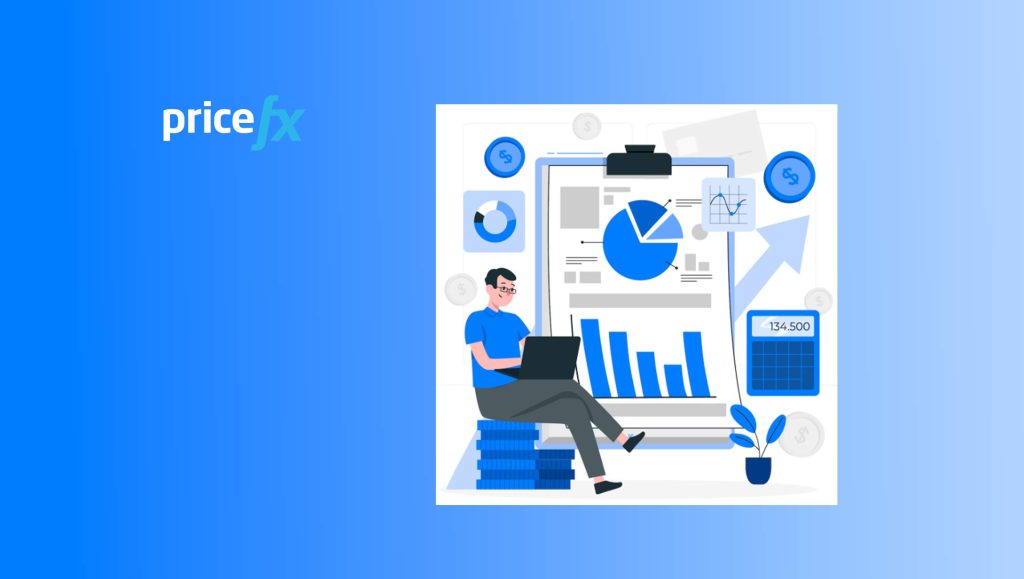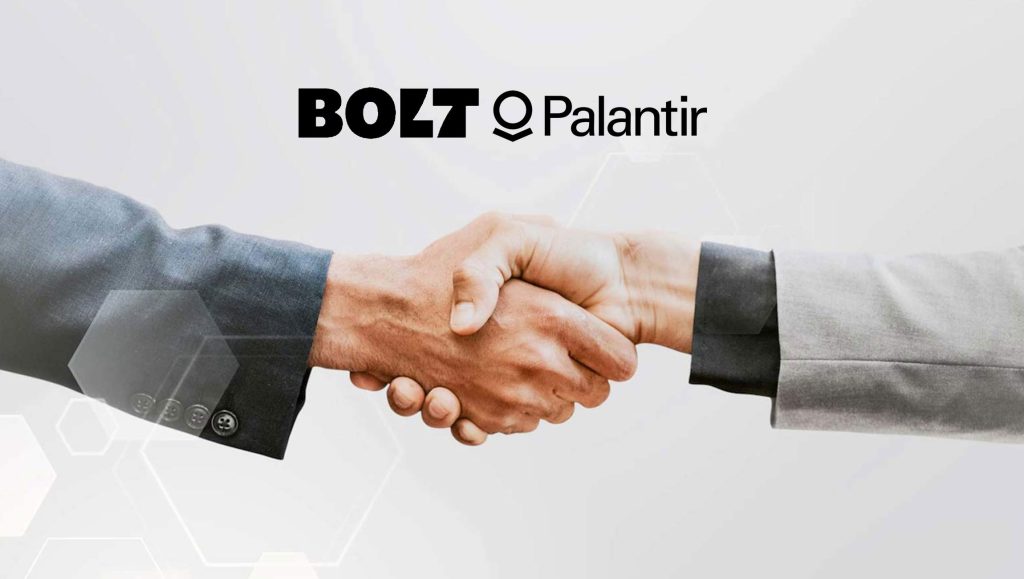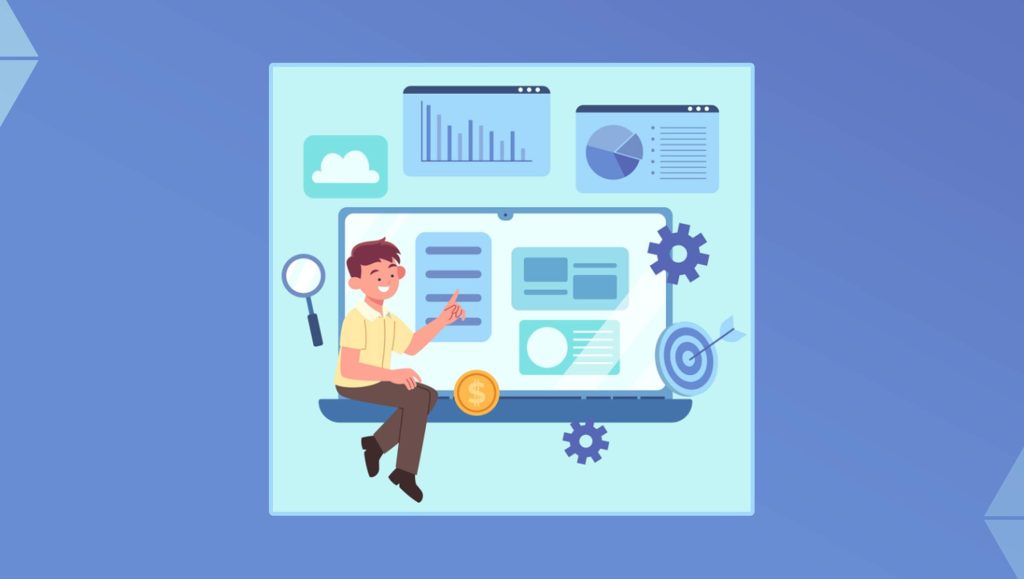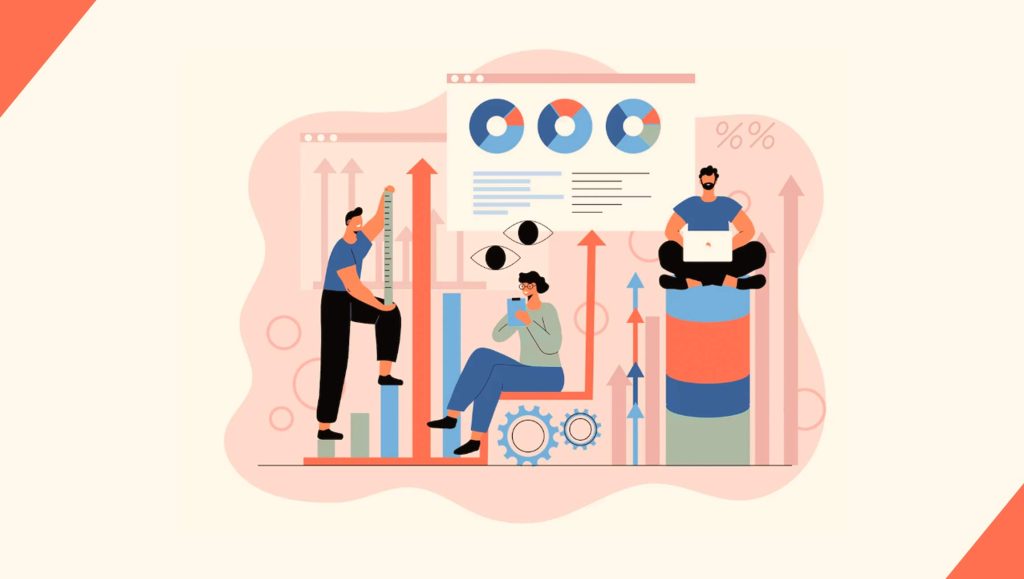Imagine Sarah, one of your top sales executives. You’ve just announced a strategic partnership with AWS that could potentially double deal sizes and open new buying centers. Three months later, you discover Sarah hasn’t leveraged the partnership once. Not because she doesn’t see the value, but because understanding your and AWS’s solutions, connecting with the right AWS contact, knowing how to get their attention, and navigating their complex deal registration process feels like a second job she doesn’t have time for while chasing her quarterly targets.
Sarah’s experience illustrates the “Partner Complexity Tax,” the invisible cognitive burden that prevents your sales team from capitalizing on partnership investments. While 70% of IT technology and services are now partner-delivered [1], sales execution hasn’t kept pace with the growing importance of partners.
The Sales Leader’s Dilemma
The more essential partnerships become to success, the harder they are to scale effectively. I call this the “Partnership Paradox,” and Steve Lucas, CEO of Boomi, describes it perfectly: “We have thousands of partners at Boomi, and the sheer math of training that many people on that many solutions is almost impossible.”
This paradox creates a devastating gap between your partnership investments and actual sales execution. Industry data shows 61% of partnerships fail at sales execution, representing an estimated $50 billion in lost capital. More training and more enablement for your sales team and more resources for your partnering teams won’t solve this problem. As a sales leader, you need a more effective way to bridge the gap between your partnership strategy and frontline sales execution.
Why Your Sales Team Struggles with Partnerships
Your sales teams’ failure to fully leverage partnerships is not because they’re resistant or don’t understand that partnering can help them, but due to a cognitive burden and the execution overhead that makes leveraging partnership impractical in the context of their daily sales activities. The Partner Complexity Tax manifests in three critical areas:
- Solution complexity: Sellers struggle to understand how your joint solutions with partners add value in specific customer situations
- Partner selection: They lack visibility into which partners are relevant for particular accounts or industries
- Engagement friction: They must navigate different partner engagement processes that steal focus from selling
These tasks—searching vast knowledge bases, connecting disparate information, remembering complex processes, and making contextual recommendations—tax your salespeople’s limited cognitive bandwidth. As a result, partners get overlooked, deals stay smaller, and win rates remain lower than they could be.
Read More: SalesTechStar Interview with Don Cooper, Vice President of Global Alliances at Aras
AI: Your Sales Team’s Partnership Advantage
Artificial intelligence can eliminate this cognitive burden and empower your sales team. AI can instantly process thousands of data points about partners, their solutions, and their past successes. It can identify patterns in previous partner engagements that your sellers might miss. It can remember and apply complex engagement rules without fatigue or error.
The “Partner Advantaged Sales Methodology” incorporates today’s AI capabilities and need for partnership prioritization, leveraging AI to bring partnership intelligence directly into your sales process. Rather than expecting your salespeople to become experts in partner execution, it gives them the partnering advantage they need to close bigger deals, win more often, and access new buying centers—without distracting from their core selling activities.
Partner-specific AI has the potential to give your sales team:
- Round-the-clock partnership expertise when engaging with opportunities
- Instant recommendations of relevant partners based on account and opportunity context
- Proven success stories showing how partnerships have succeeded in similar situations
- Direct connections to the right partner contacts without administrative delays
- Automated cross-company processes that keep deals moving without manual intervention
This approach amplifies your partner management team’s relationship with sales. By handling routine questions and automating administrative tasks, AI allows your partnership team to focus on strategic initiatives while making their expertise available to every seller, on every deal, 24/7.
Implementing AI for Sales-Partnership Alignment
Successfully implementing AI partnership intelligence requires proper foundations. Organizations must conduct an organizational maturity assessment to ensure partnerships are recognized as strategic assets beyond direct revenue sourcing. They need to audit and organize partnership data, as AI systems are only as effective as the data they’re trained on. Internal stakeholders across sales, partnerships, and operations must be aligned on expectations and responsibilities.
This approach fundamentally changes how your sales team views and utilizes partnerships. Instead of seeing partnerships as complex additions to their selling motion, they experience them as embedded advantages that make their jobs easier and their deals more successful.
The Revenue Impact for Sales Leaders
Organizations implementing AI-powered partnership execution are already experiencing dramatic improvement in key metrics. Win rates increase as partners provide additional validation and expertise in customer conversations. Deal sizes grow as partners bring complementary capabilities to comprehensive customer solutions. New buying centers become accessible as partners introduce sellers to different stakeholders within customer organizations. Revenue from partner incentives increases as well, with these incentives counting toward top-line growth.
The partnership paradox is solvable. AI-powered partnership intelligence allows your sales organization to shift from manually struggling with partnership complexity to frictionlessly incorporating partnership value into every deal where it makes sense.
In today’s ecosystem economy where partner-delivered technology is the norm, the sales organizations that eliminate the Partner Complexity Tax will outperform their competitors. The future belongs to sales leaders who equip their teams with AI-powered partnership intelligence that combines the strengths of human relationship skills with AI’s cognitive processing power.
Read More: From Acquisition to Retention: How Smarter Partner Enablement Is Reshaping B2B Sales




























